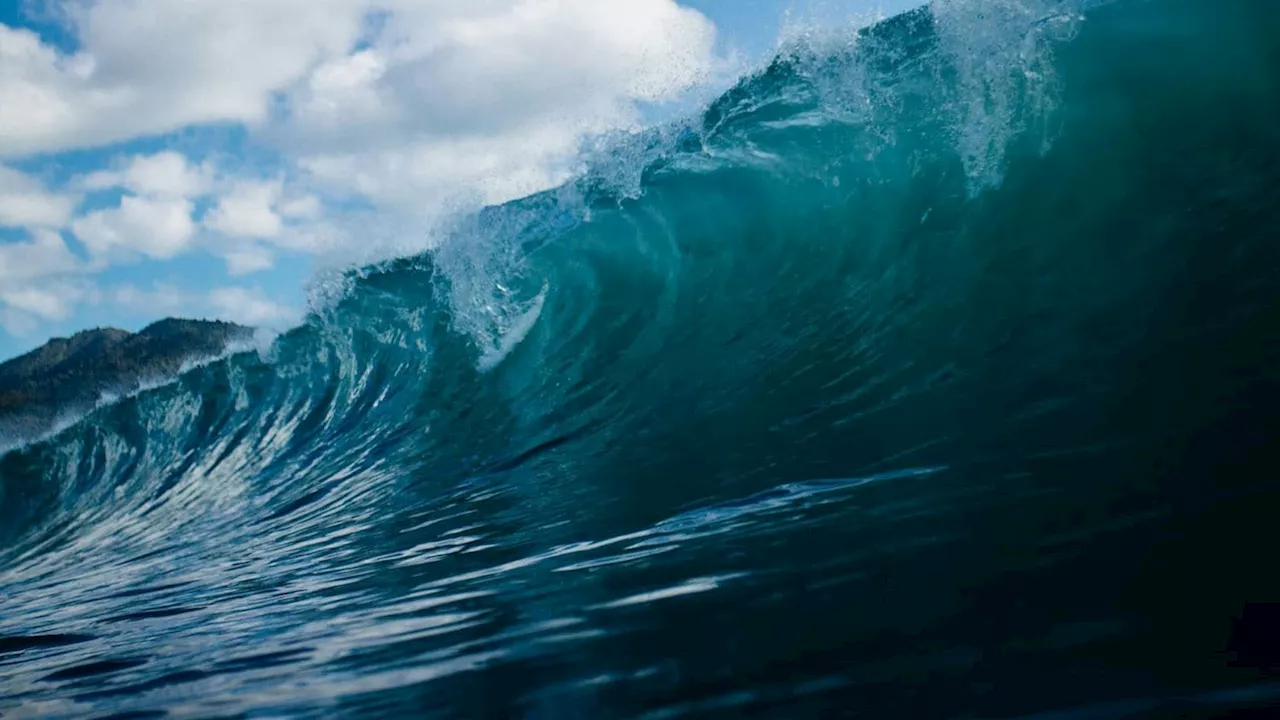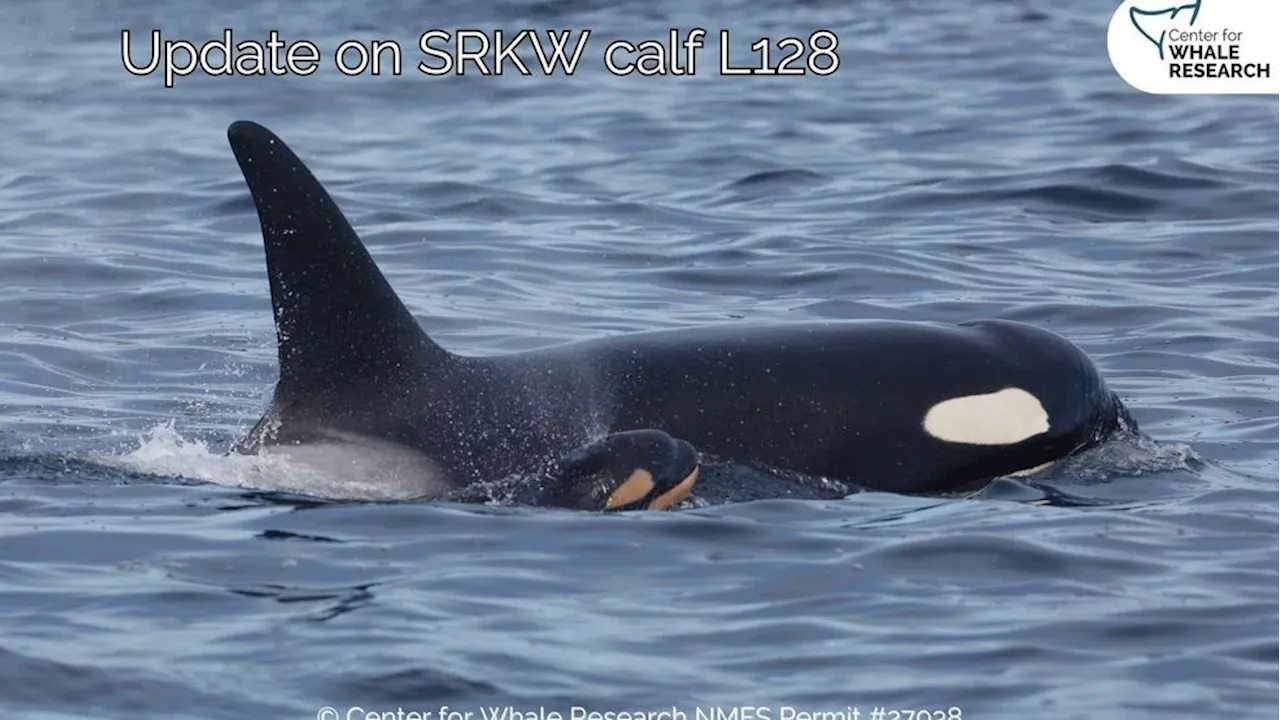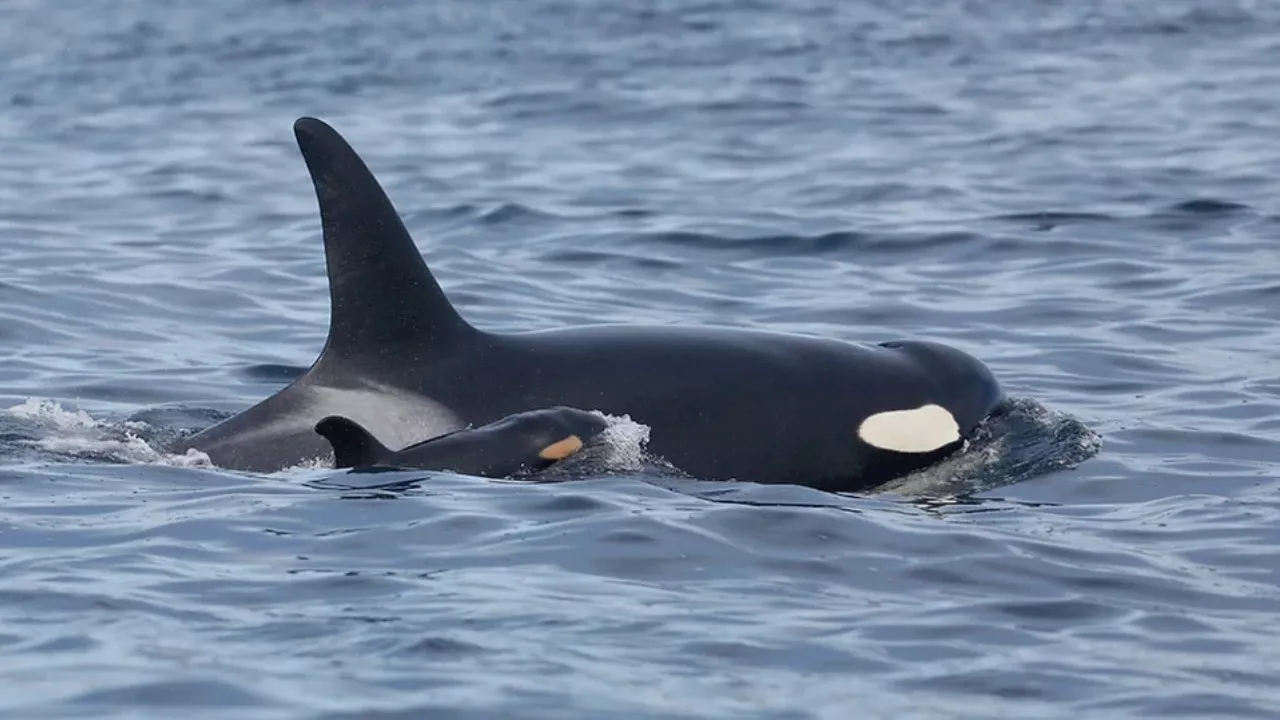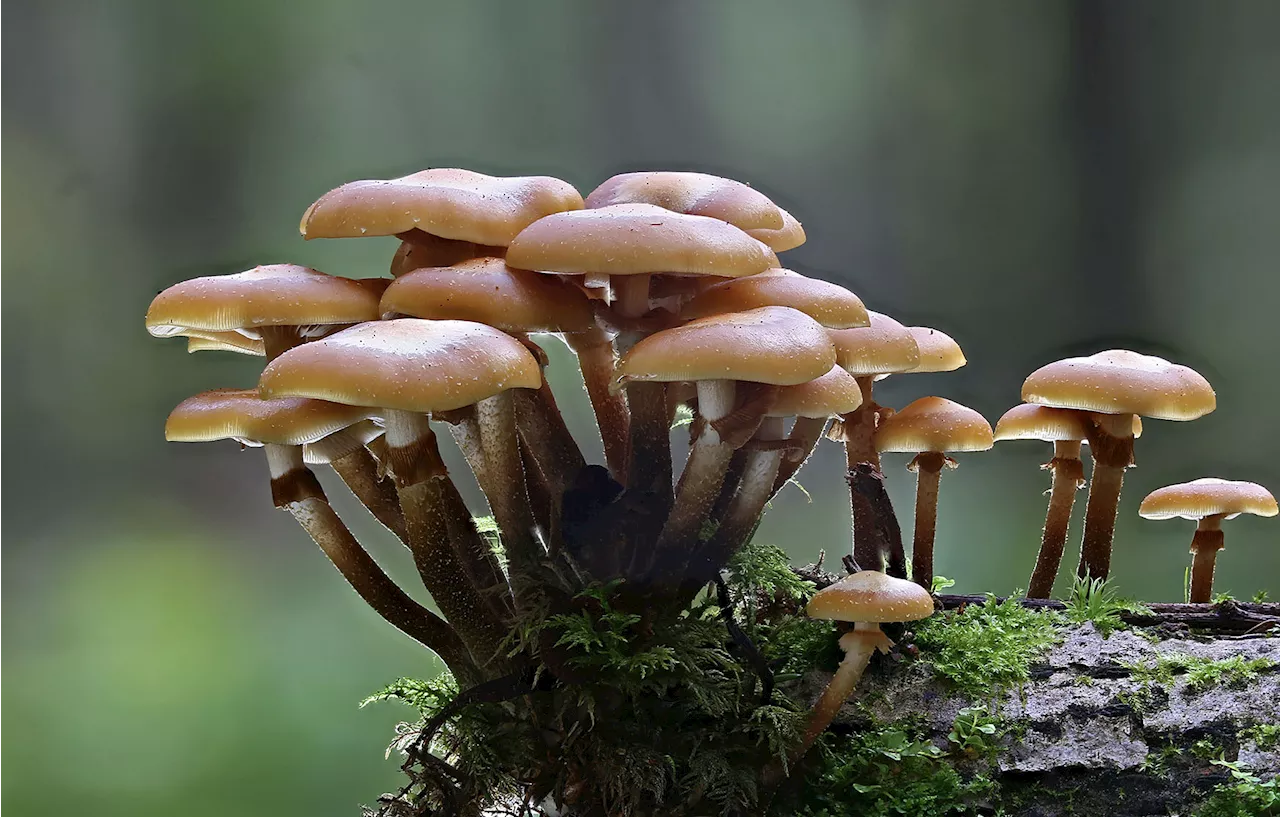New research highlights a rare and intelligent fungus that appears to be able to tell different shapes from each other.
Researchers have uncovered a rare and intelligent fungus. The fungus is called Phanerochaete velutina, and while it isn’t overly intelligent—it won’t be taking over the world anytime soon like the fungus in The Last of Us—it still shows signs of recognizing shapes and even being able to communicate about its surroundings with the rest of its fungal network. The researchers who made the discovery highlight their findings in a paper published in the journal Funal Ecology.
Instead of just spreading out from a central point, they were able to change how they spread out to fit the shape more effectively. This suggests a rudimentary level of intelligence is found within P. velutina. According to the paper, when the fungi were placed in a circle arrangement of blocks, they were able to figure out where the blocks were and then pass that information to the rest of the network, as they never moved to the center of the circle.
United States Latest News, United States Headlines
Similar News:You can also read news stories similar to this one that we have collected from other news sources.
 Researchers Identify Two New Preventable Risk Factors for DementiaTreating vision loss and lowering cholesterol could help reduce the risk of dementia, according to a new report.
Researchers Identify Two New Preventable Risk Factors for DementiaTreating vision loss and lowering cholesterol could help reduce the risk of dementia, according to a new report.
Read more »
 Researchers confront new US and global challenges in vaccinations of adultsOver the past decade, decreasing vaccination rates now threaten the huge beneficial impacts of vaccinations in the U.S. and globally. Researchers discuss the multifactorial barriers including increasing vaccine hesitancy and new clinical and public health challenges in vaccinations of U.S. adults.
Researchers confront new US and global challenges in vaccinations of adultsOver the past decade, decreasing vaccination rates now threaten the huge beneficial impacts of vaccinations in the U.S. and globally. Researchers discuss the multifactorial barriers including increasing vaccine hesitancy and new clinical and public health challenges in vaccinations of U.S. adults.
Read more »
 Researchers discover new insights into bacterial photosynthesisResearchers have discovered new understanding of bacterial photosynthesis. Using cutting-edge techniques, investigators have unveiled intricate detailed images of the key photosynthetic protein complexes of purple bacteria. These images shed new light on how these microorganisms harness solar energy.
Researchers discover new insights into bacterial photosynthesisResearchers have discovered new understanding of bacterial photosynthesis. Using cutting-edge techniques, investigators have unveiled intricate detailed images of the key photosynthetic protein complexes of purple bacteria. These images shed new light on how these microorganisms harness solar energy.
Read more »
 US researchers’ new tool to optimize ocean-based hydrokinetic energy projectsResearchers at NC State developed a tool to enhance marine hydrokinetic energy projects, aiding in technology and risk assessment.
US researchers’ new tool to optimize ocean-based hydrokinetic energy projectsResearchers at NC State developed a tool to enhance marine hydrokinetic energy projects, aiding in technology and risk assessment.
Read more »
 Researchers concerned after new orca calf observed skinny and struggling to breatheResearchers are concerned about the new orca whale calf born last month, describing it as 'emaciated.'
Researchers concerned after new orca calf observed skinny and struggling to breatheResearchers are concerned about the new orca whale calf born last month, describing it as 'emaciated.'
Read more »
 Poor health of new Southern Resident orca calf concerns WA researchersA new Southern Resident orca calf was last seen looking unwell. Researchers mull over the implications of L128's fate.
Poor health of new Southern Resident orca calf concerns WA researchersA new Southern Resident orca calf was last seen looking unwell. Researchers mull over the implications of L128's fate.
Read more »
